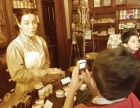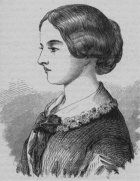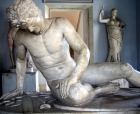Whole School
The effective history coordinator must work across the whole school, both in terms of inclusive, innovative curriculum development, enrichment, teaching and learning and resourcing as well as raising the profile of the subject across the whole school. The whole school aspect of the role may be in terms of history feeding into a whole school improvement or development plan, meeting the CPD requirements of teachers across the school, displays, assemblies or projects.
-

Thematic or topic based whole school curriculum planning
ArticleClick to view -

Geosong: a transition project
ArticleClick to view -

Creating the 'creative history' website
ArticleClick to view -

OFSTED, primary history and creativity
ArticleClick to view -

Diogenes: Creativity and the Primary Curriculum
ArticleClick to view -

History, ICT and the digital age
ArticleClick to view -

The digital revolution
ArticleClick to view -

Case Study: Historical information and the local community
ArticleClick to view -

English Heritage's Heritage Explorer
ArticleClick to view -

Progression and coherence in history
ArticleClick to view -

Planning for history - the coordinator's perspective
ArticleClick to view -

History and the curriculum
ArticleClick to view -

A history of the world - 100 objects that tell a story
ArticleClick to view

